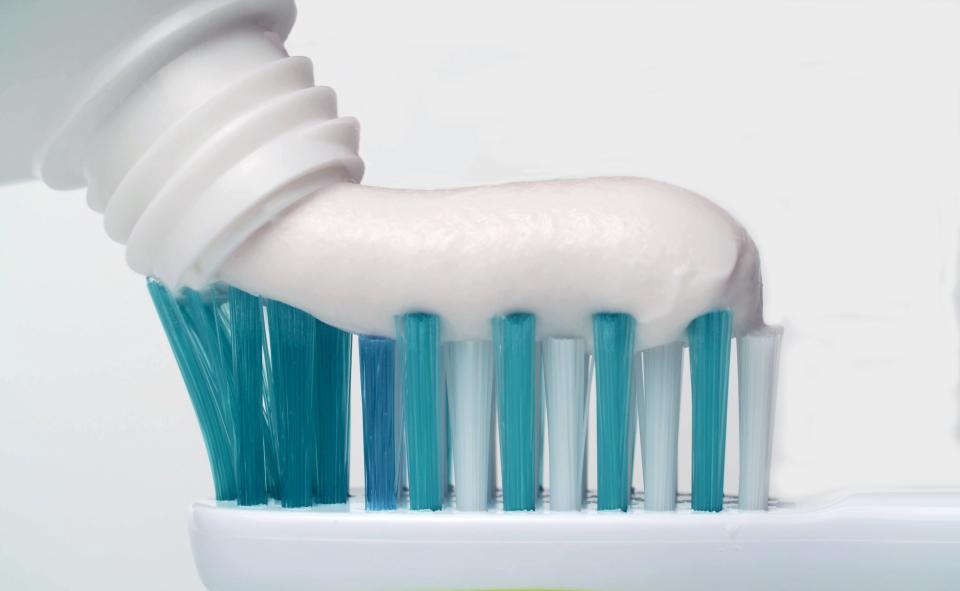E171: EU regulator says commonly-used food colouring is unsafe

E171 is widely used as a whitening agent
(Getty Images/iStockphoto)The European Food Safety Authority has said that a food colouring widely used in products ranging from toothpaste to white chocolate can no longer be ruled out as a cause of cancer.
Titanium dioxide, or E171, is a whitening and brightening agent widely used in the UK, including in broths and sauces for infants. For adults, processed nuts are a “main contributory category” to consumption of the additive, while the product is also used in cosmetic products, suncream and paints.
The agent’s use as a food additive has been controversial over the years, with France introducing a ban in 2019 after a study suggested a link to cancer. The EU is preparing to propose a ban on its use across the bloc.
Stella Kyriakides, the EU health commissioner, tweeted: “Following the EFSA’s new scientific opinion on the food additive E171, we will propose to ban its use in the EU. Discussions with member states will start this month. Our priority is the health of citizens and the safety of the food they eat.”
The EFSA found that genotoxicity – the ability of a chemical substance to damage DNA – could not be ruled out. Genotoxicity can lead to carcinogenic effects.
Prof Maged Younes, the chair of EFSA’s expert panel on food additives and flavourings said: “Taking into account all available scientific studies and data, the panel concluded that titanium dioxide can no longer be considered safe as a food additive.
“A critical element in reaching this conclusion is that we could not exclude genotoxicity concerns after consumption of titanium dioxide particles. After oral ingestion, the absorption of titanium dioxide particles is low, however they can accumulate in the body”.
The UK’s regulator did not commit to proposing a ban on E171 but said the product’s safety as a food additive would be reviewed.
A spokesperson for the UK’s Food Standards Agency said: “The opinion issued yesterday by the EFSA on the safety of titanium dioxide as a food additive will be scrutinised by the independent scientific advisory committees that advise the FSA, alongside existing scientific evidence. This review will help decide what next steps are needed to safeguard consumers and will inform future policy.”
E171 was previously assessed in 2016, and the ruling comes on the back of new scientific evidence and fresh data on nanoparticles. Titanium dioxide contains up to 50 per cent of particles in the nano range.
The ruling, which was based on thousands of studies, was made after the panel “could not establish a safe level for daily intake” of E171.
Prof Matthew Wright, chair of EFSA’s working group on E171, said: “Although the evidence for general toxic effects was not conclusive, on the basis of the new data and strengthened methods we could not rule out a concern for genotoxicity and consequently we could not establish a safe level for daily intake of the food additive.”
Read More
UK Covid-19 vaccinations: Latest figures
India Covid variant now ‘of concern’, PHE says
Under-40s to be offered alternative to AstraZeneca vaccine over increased blood clot risk

 Yahoo Finance
Yahoo Finance 